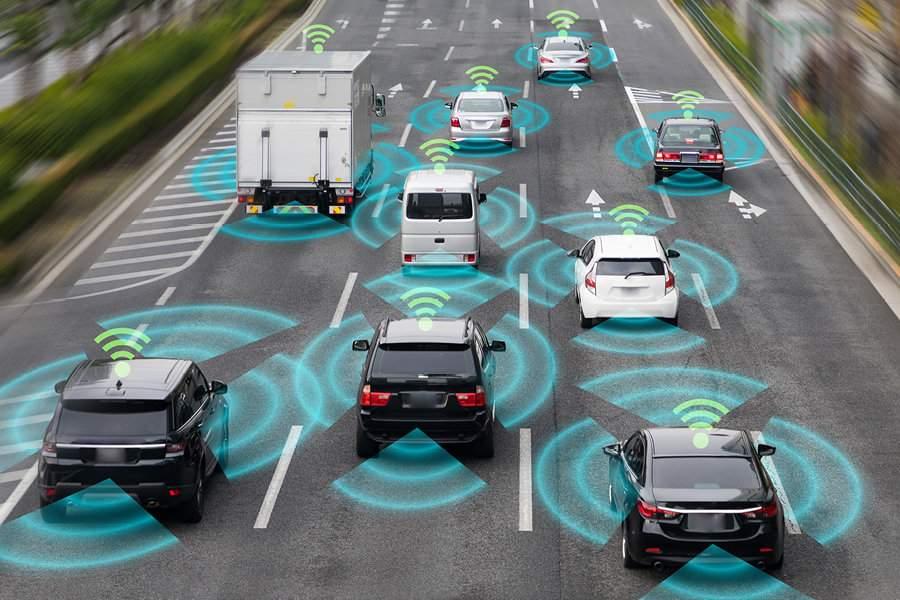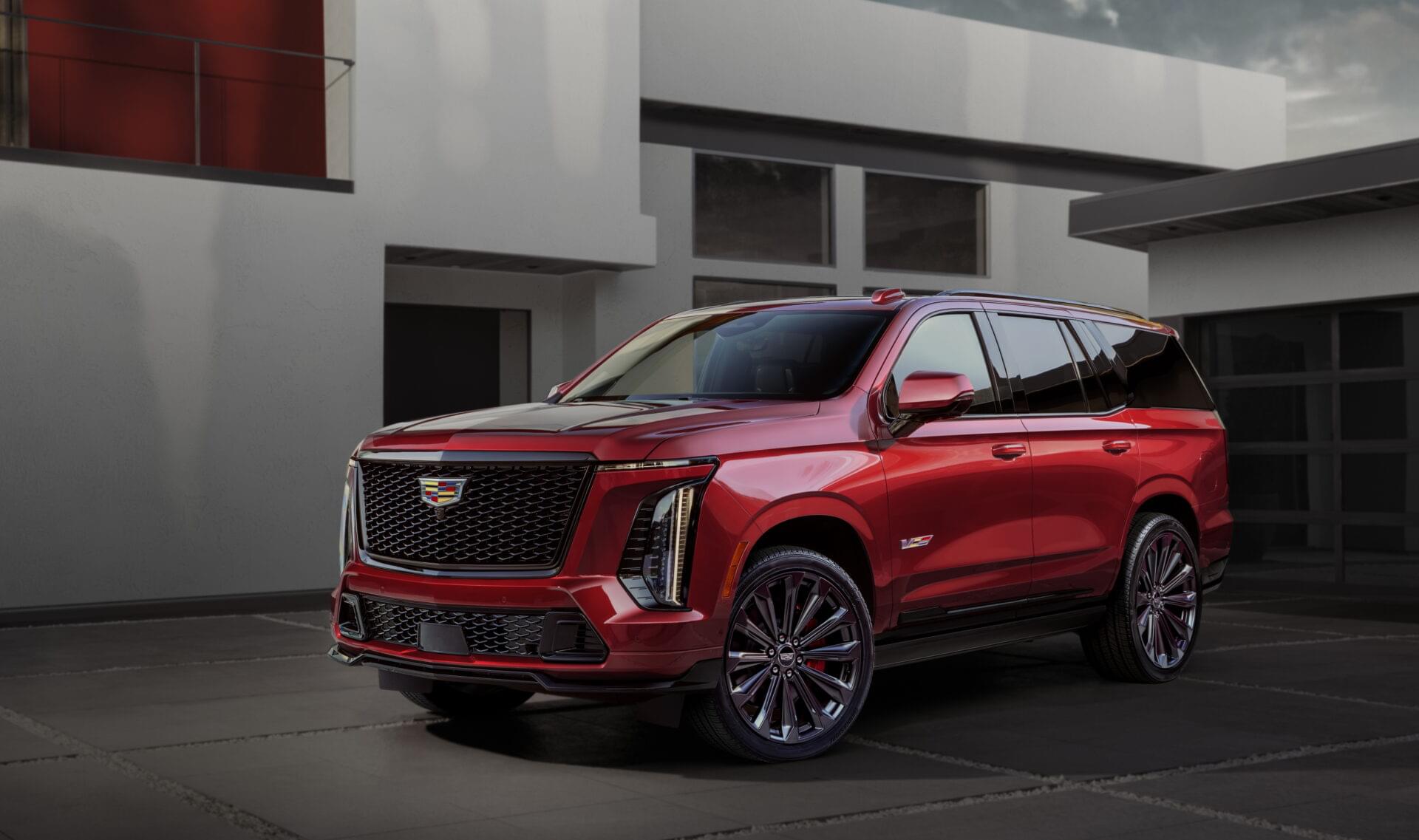All About Charging Your Electric Car at Home Wondering about the cost to set it up?
sunnY123 April 22, 2024 0 COMMENTS
How much electricity do you require? Which charger is the top choice for home use? We’ve got all the answers.
Charging your electric car at home is a big benefit of owning one. With a Level 2 charging station at home, you can plug in your almost-empty EV at night and wake up to a fully charged battery in the morning. Once you experience this convenience, you won’t see gas stations the same way again.
But setting up this easy way of charging your EV requires some upfront effort and can be expensive. Installing a home charging station, like many home improvement projects, can come with unexpected costs, confusing information, and unreliable contractors. However, it doesn’t have to be that hard. This guide has all the information you need to make sure you choose the right home EV charger and find a skilled installer, all at a fair price.
How much does it cost to install a home EV charger?
For most American homeowners, it’ll be between $1,150 to $2,750. A good charging station for your home usually costs around $350 to $750. The installation itself typically ranges from $800 to $2,000. Qmerit, a company that specializes in installing EV charging equipment across the country, provided these estimates. The total cost depends on several factors: labor costs in your area, the power of the charger you choose, how far your electrical panel is from the charging station, and how complex the installation is. This estimate also includes permit fees.
Some homeowners might be surprised if they’re given a quote that’s higher than $5,000, or in rare cases, even $10,000, for installing an electric vehicle (EV) charger at home. There are a couple of reasons why these quotes can be high. For instance, older homes might have outdated electrical panels, or the panel might not have enough space for a new 240-volt circuit. Upgrading to a larger breaker panel usually adds a couple of thousand dollars to the cost. Things can get really expensive if the wires that bring electricity to your house can’t handle the power needed for a charger, especially if the wires are buried underground. Fixing this might involve getting your local utility company involved, which could delay the project by several months.
Tracy Price, the CEO of Qmerit, estimates that 20 to 30 percent of home EV charger installations today need a panel upgrade or a load-management system. If you find yourself in this situation, there are some money-saving options available, which we’ll discuss later.
What Should I Look for in a Home EV Charger?
If you’re looking for a quick answer, check out our list of the best EV chargers available today and pick one that fits your budget and needs. But if you want to do your own research, here are some features to consider:
A long charging cable: A longer cable gives you more flexibility. If you have a two-car garage, you can often charge both cars with a single station. A long cord also allows you to charge a car parked outside if your charging station is near a garage door.
Certification from trusted safety organizations: Look for chargers that are certified by organizations like Underwriters Laboratories (UL) or Intertek (ETL). These certifications ensure that the chargers meet safety standards and have been thoroughly tested.
Wi-Fi connectivity: Some chargers come with Wi-Fi connectivity, allowing you to monitor charging sessions and set charging schedules from your phone. This can be useful if you’re on a time-of-use utility plan, which offers cheaper electricity rates during off-peak hours.
The right amount of power: The power output of a charging station determines how quickly it can charge an EV. However, more power isn’t always better, so it’s important to choose the right amount of power for your needs.
How Much Power Do I Need?
For most drivers, we recommend a charger with a power output of 9.6 kilowatts, which adds about 29 miles of range per hour of charging for a midsize crossover SUV like the Hyundai Ioniq 5. But the amount of power you need depends on your vehicle and charging habits.
If you’re unsure, you can check your vehicle’s specifications or consult with an electrician to determine the right amount of power for your charging station.
Should I Hardwire My EV Charger or Use a Plug?
In the past, we recommended installing a NEMA 14-50 outlet for your EV charger, as it allows for easy removal or replacement of the charger. However, some experts now recommend hardwiring the charger to prevent nuisance tripping, which can occur if there are two ground-fault circuit-interrupting (GFCI) devices on the same circuit.
Ultimately, the decision between hardwiring and using a plug depends on your preferences and needs.
How Do I Find a Good Electrician?
When hiring an electrician to install your EV charger, be sure to get quotes from multiple electricians and read online reviews to find a reputable one. Look for electricians who are certified and experienced in installing EV chargers.
Can I Charge My EV With a Standard Outlet?
Technically, yes, but it’s not practical for daily charging, as it’s slow and may not provide enough power for longer trips. It’s best to install a dedicated EV charger for faster and more convenient charging at home.
In conclusion, installing a home EV charger requires careful consideration of your needs and preferences. By choosing the right charger, working with a qualified electrician, and taking advantage of available incentives, you can enjoy convenient and cost-effective charging for your electric vehicle.








